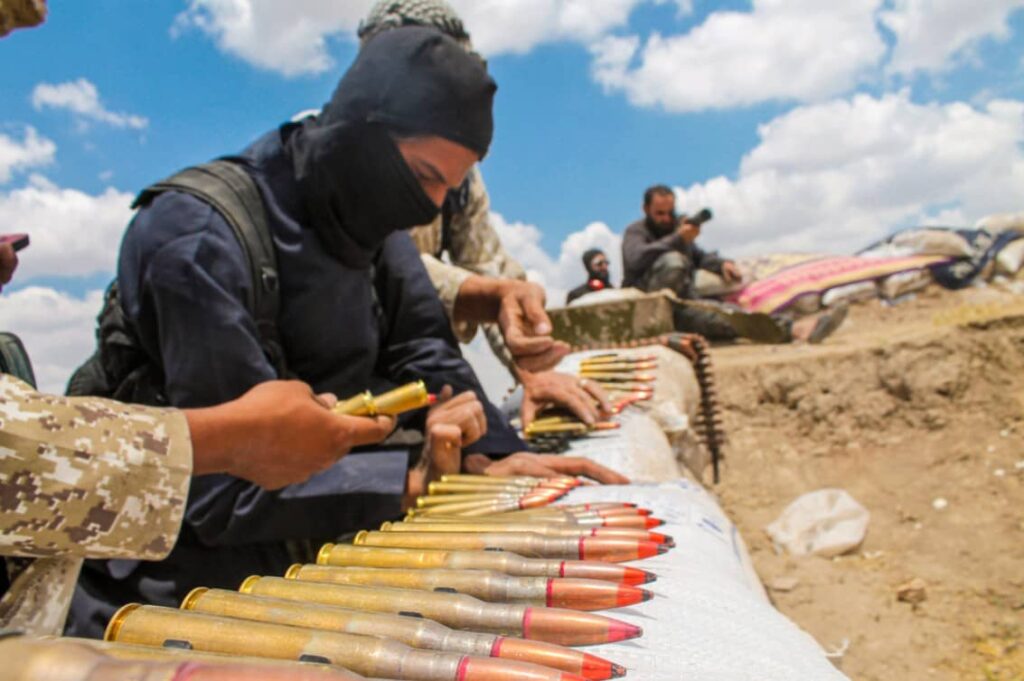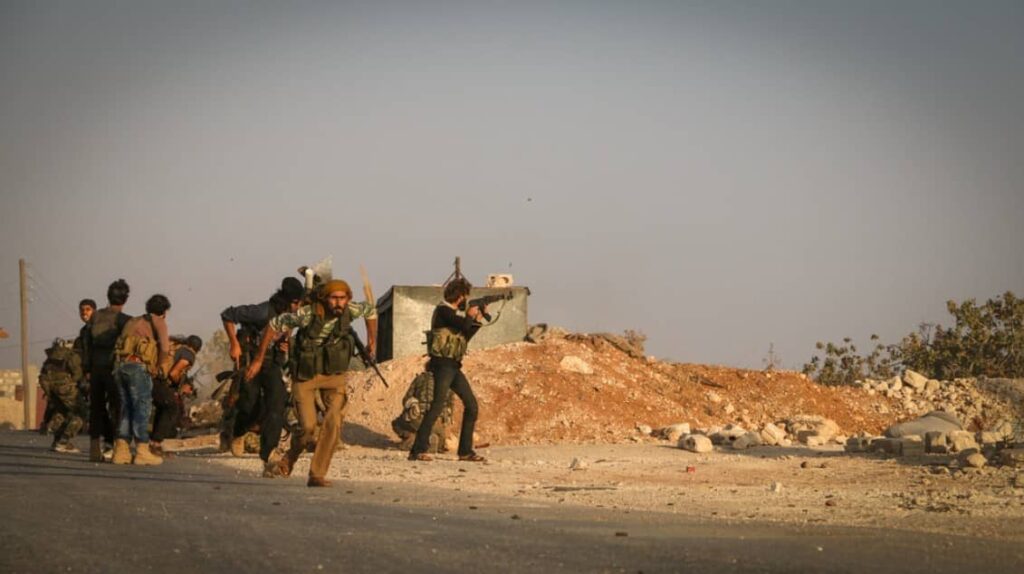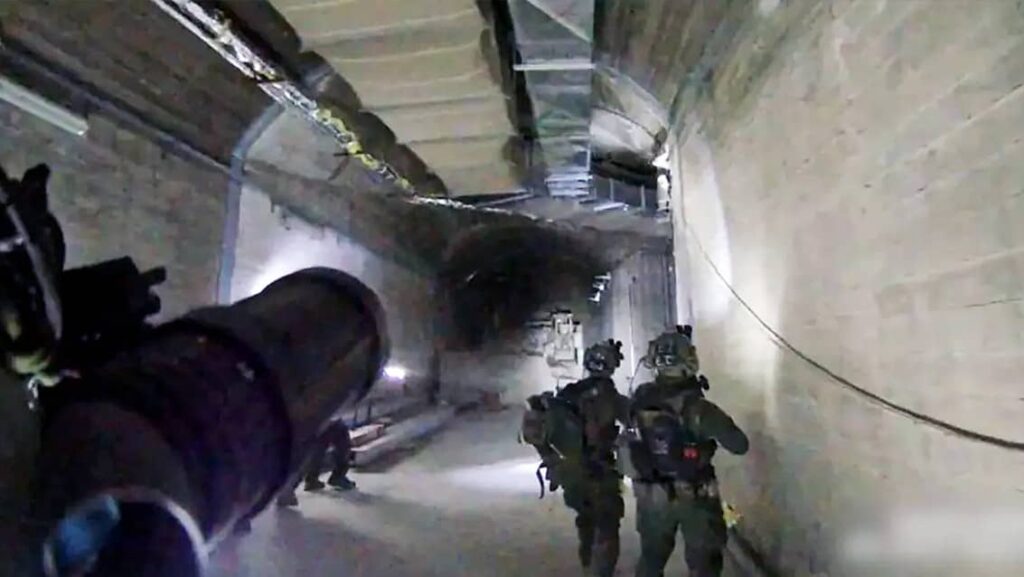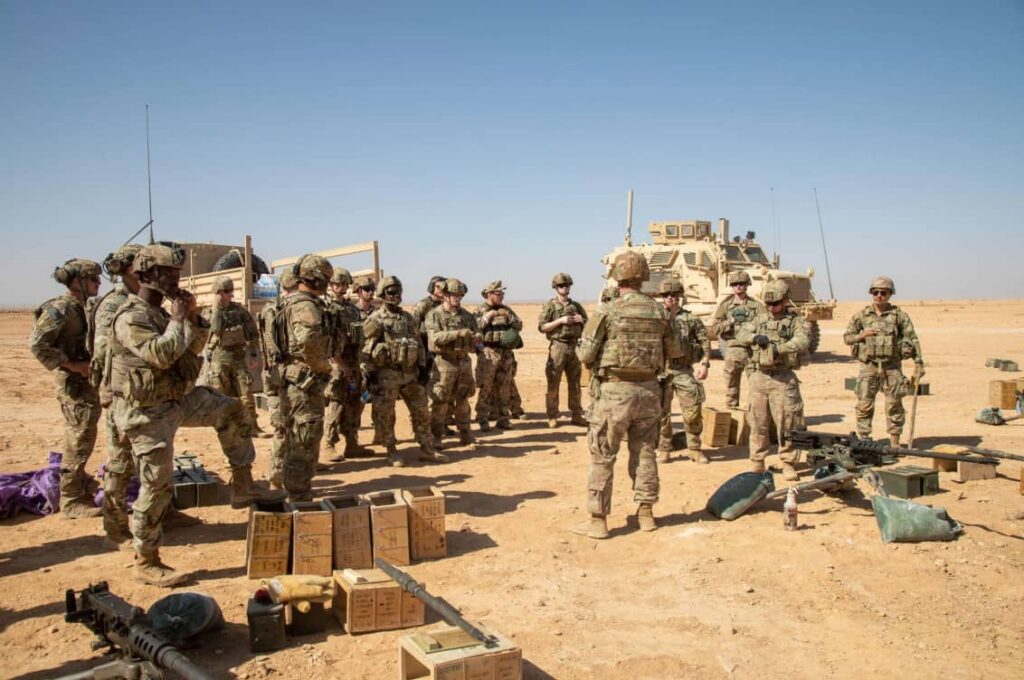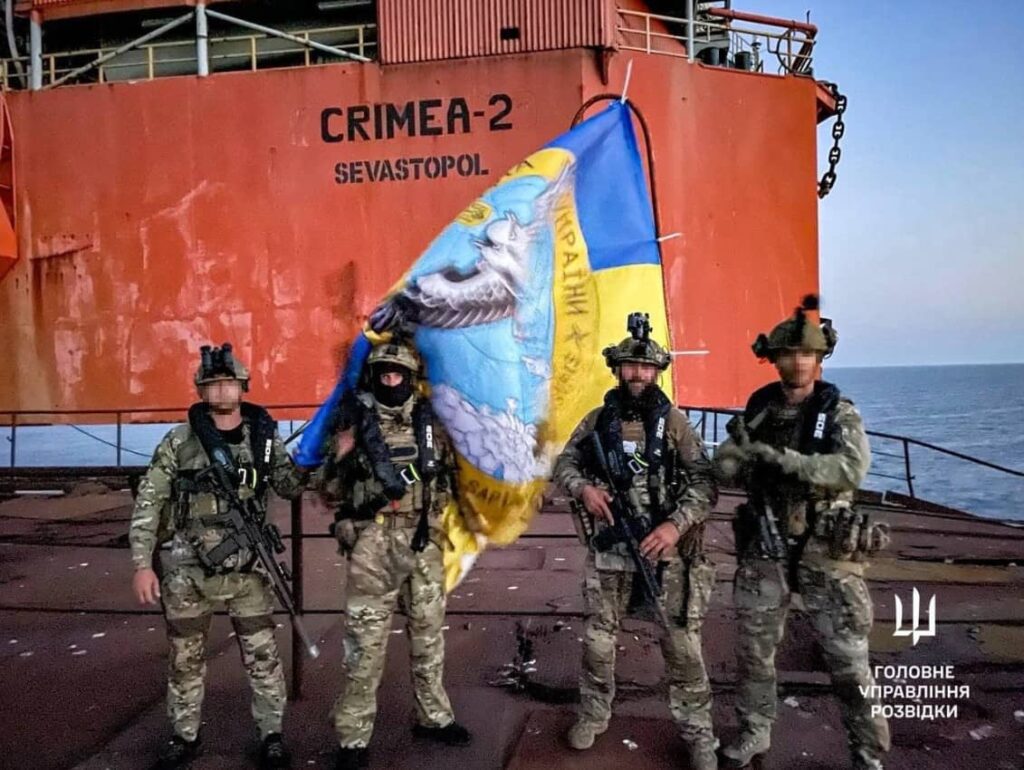Turkey Launches Airstrikes in Iraq and Syria After Attack on Aerospace Facility
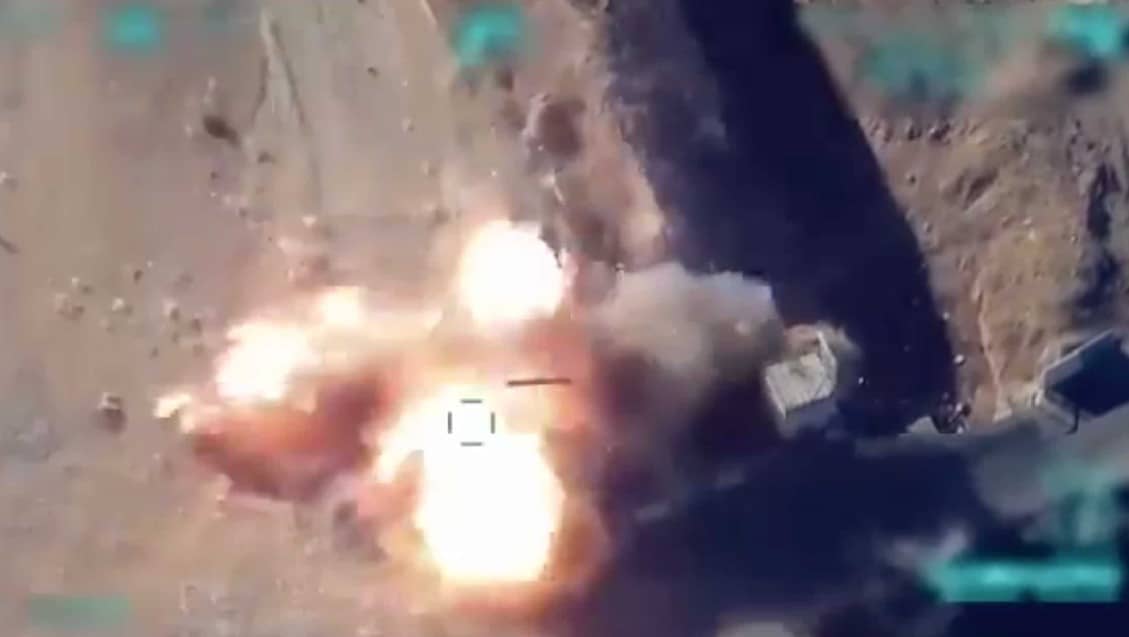
Turkey has launched a series of airstrikes on Kurdish militant targets in Iraq and Syria following a deadly attack on the Turkish Aerospace Industries (TUSAS) headquarters near Ankara. The strikes, which began on Friday, are seen as direct retaliation for the assault, attributed to the Kurdistan Workers’ Party (PKK), that left five dead and more than 20 injured.
Defense Minister Yasar Guler confirmed the destruction of 47 targets in northern Iraq and Syria. The targets included military facilities, ammunition depots, and infrastructure believed to be used by the PKK and affiliated Syrian Kurdish militias.
NEW: The Turkish National Intelligence Organisation (MIT) has released the footage of its UCAV operations against the targets of the YPG/PKK terrorist organization in Syria. pic.twitter.com/JwAOwinOnq
— Clash Report (@clashreport) October 24, 2024
🇹🇷Turkey launched airstrikes on 32 PKK-linked sites in Iraq and Syria in retaliation for a deadly attack on a defense facility near Ankara. pic.twitter.com/RcbcHRsaNz
— WORLD AT WAR (@World_At_War_6) October 24, 2024
Turkey launches airstrikes in Iraq, Syria after deadly 'terror attack' on defence firm . . . #Turkey #Iraq #Syria #WorldWar #TurkeyTerrorAttack #Ankara #Syria pic.twitter.com/AUPATxD4ED
— Chaudhary Parvez (@ChaudharyParvez) October 24, 2024
Turkey’s state-run Anadolu Agency reported that the National Intelligence Organization used armed drones to strike strategic locations controlled by the PKK. The Ministry of Defense emphasized that precautions were taken to avoid civilian casualties during the operation, although reports from the Syrian Democratic Forces (SDF) — a U.S.-backed coalition — indicated that 12 civilians, including two children, were killed in Syria as a result of the strikes. The SDF claimed that Turkish warplanes and drones targeted vital infrastructure, such as bakeries, power stations, and oil facilities.
The PKK, classified as a terrorist organization by Turkey and its Western allies, has been engaged in an insurgency for autonomy in southeast Turkey since the 1980s. The conflict has claimed tens of thousands of lives. Although the PKK has not released an official statement regarding the TUSAS attack, Turkish officials have been unequivocal in blaming the group. Interior Minister Ali Yerlikaya identified one of the attackers as a PKK member and vowed to continue pursuing militants until the group is eliminated.
The recent airstrikes come at a time of heightened tension in Turkey, where discussions regarding the future of PKK leader Abdullah Öcalan have resurfaced. Öcalan, who has been imprisoned since 1999, remains a central figure in the Kurdish movement, and there have been sporadic efforts to explore peace talks over the years. However, the recent attack on TUSAS and the subsequent military response appear to have set back any immediate hopes for dialogue.

